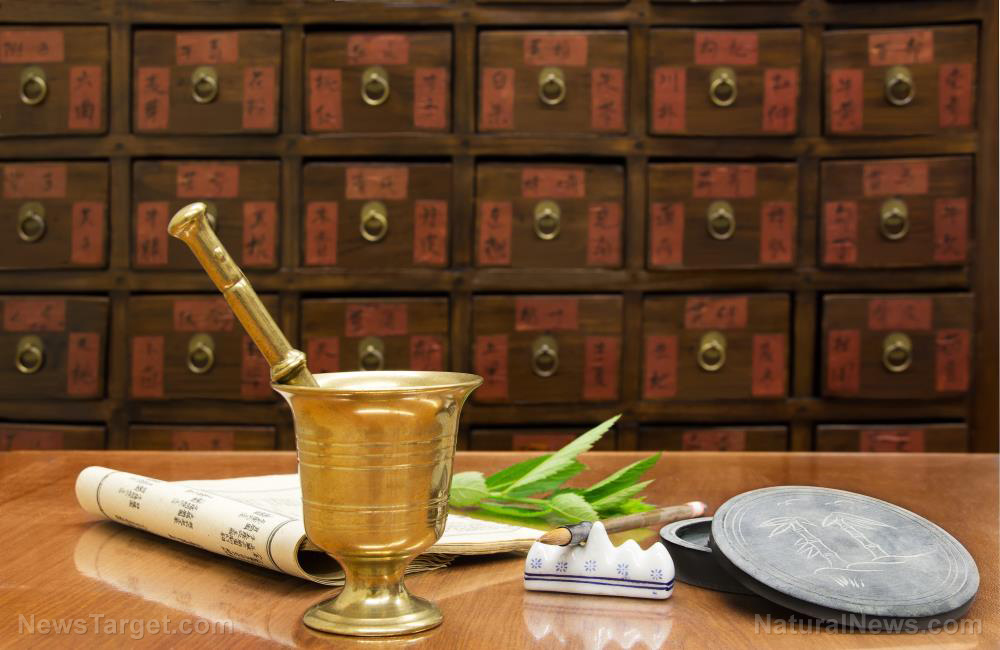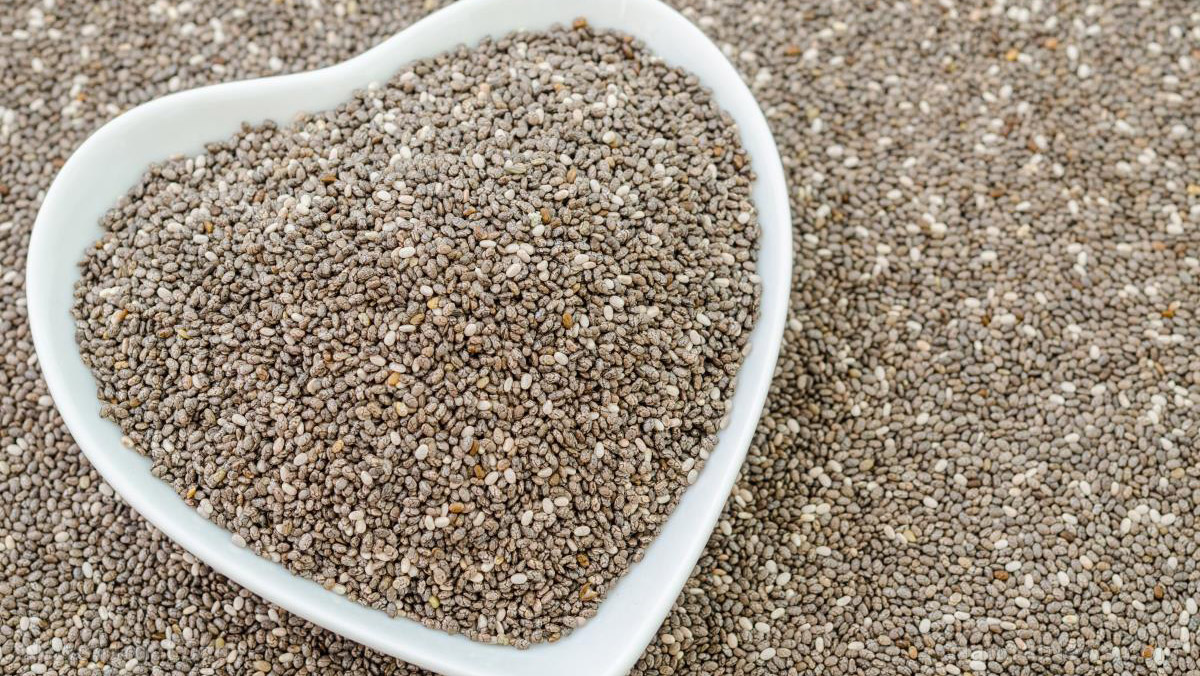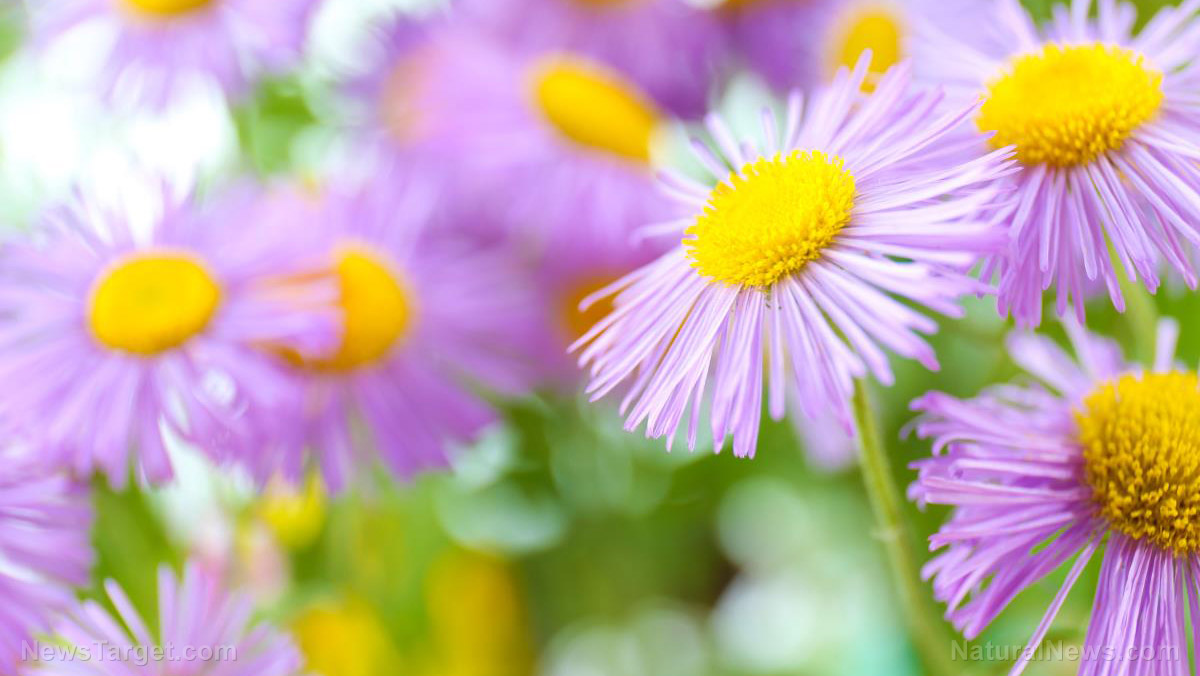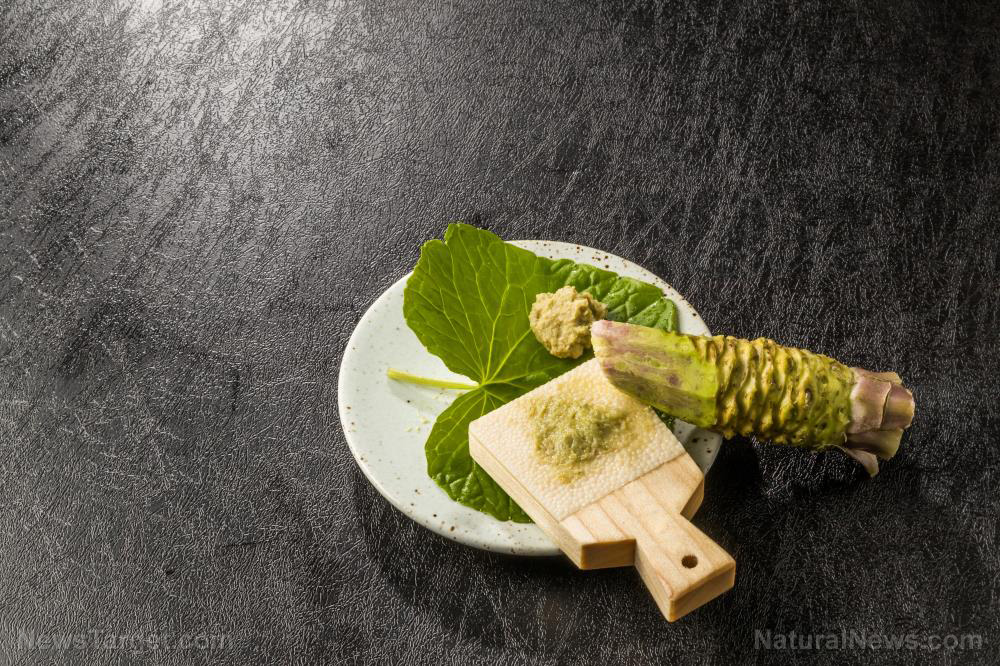Compromise is the first step toward surrender: Here’s why homeopaths should not “bridge” to include allopathic medicine
04/25/2018 / By Ralph Flores
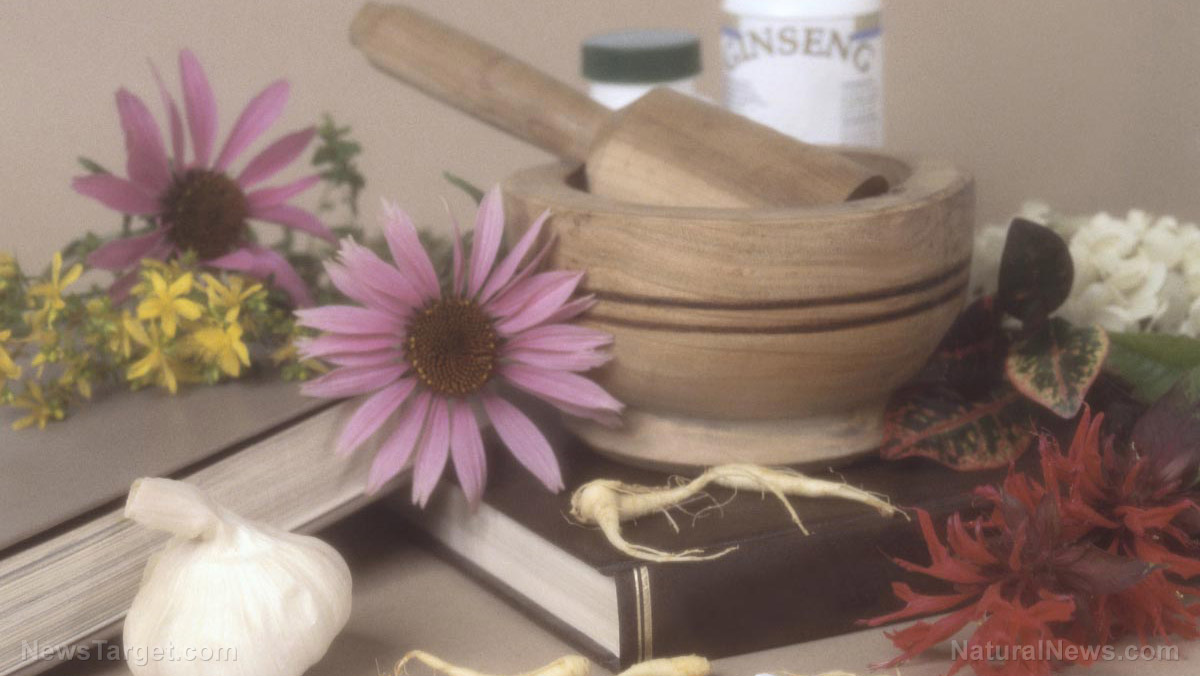
These days, it’s easy to combine different products to achieve desired results. However, this attitude should not extend to our choices in medicine, according to an article that appeared on the website Hpathy.com. In the article, homeopath Dr. Firuzi Mehta argues that combining homeopathy, as well as other systems under AYUSH (Ayurveda, Unani, Siddhi, and Homeopathy), should not be bridged with allopathic (conventional) forms of medicine.
The arguments stem from a proposed bill in India which allows practitioners of Indian systems of medicine, including Ayurveda and homeopathy, to practice conventional medicine after attending a bridge course. The bill, known as the National Medical Commission Bill of 2017, calls for the development of specific educational programs to build bridges across all systems of medicine.
According to Dr. Mehta, homeopathy is already an effective field of medicine on its own and does not need the support of conventional forms of medicine. “We have a very effective and strong system of medicine ourselves,” she explained. “So why do we need to prescribe conventional medicine?” In emergency cases, for example, a person should consult either a homeopath or a healthcare provider in that field.
The Indian government has developed this program to address the lack of doctors in rural areas including access to healthcare services. However, in the absence of conventional medicine, other systems of medicine could be practiced instead. “In fact, this is a good chance to show, in comparative terms, how the other systems of medicine contribute positively to healthcare,” Mehta added.
100% organic essential oil sets now available for your home and personal care, including Rosemary, Oregano, Eucalyptus, Tea Tree, Clary Sage and more, all 100% organic and laboratory tested for safety. A multitude of uses, from stress reduction to topical first aid. See the complete listing here, and help support this news site.
In addition, the proposed bridge course may be detrimental to AYUSH in the long run. Countries like India, for example, put conventional doctors in high regard, believing that the profession is economically viable. Once the bridge system is put in place, this has the potential to be abused by people looking for a backdoor entry to conventional medicine.
This is detrimental to homeopathy, according to Mehta. To become an effective homeopathic physician, a person must have great skill, which could only be achieved through effort and constant learning. “It is not as easy as prescribing ‘this for that,'” she quipped.
Of course, one industry stands to benefit the most with the passage of the new bill. Pharmaceutical companies, in particular, will get windfall profits with homeopaths who will prescribe conventional drugs. This, in turn, presents another problem, Mehta added, since these drugs are full of adverse side effects. “We regularly see patients in our practices, who come for problems and actual diseases that have arisen due to some side-effects of conventional therapy,” she added. This also puts the AYUSH practitioner in danger of being blamed for complications from conventional therapies, as they are now lumped in together with conventional healthcare providers. (Related: Ayurveda’s panchakarma modality found to be a safe and effective treatment for postpartum rheumatoid arthritis.)
To note, the Indian Medical Association (IMA) also opposes the passing of the bill, saying that it will “cripple” the current functions of the medical profession by putting it under the mercy of the bureaucracy. “Regulators need to have an autonomy and be independent of the administrators,” according to IMA president KK Aggarwal. “The National Medical Commission will be a regulator appointed by the administrators under their direct control.”
“Let the Government ensure that every student receives good training and practical experience before they venture out as physicians,” she concluded. “Let every physician develop the skill, and [practice] the field of medicine they were trained in.”
Learn more about traditional systems of medicine by heading over to AlternativeMedicine.news today.
Sources include:
Tagged Under: allopathic medicine, allopathy, alternative medicine, alternative treatments, Ayurveda, AYUSH, Big Pharma, contradictory medicine, harmful drugs, harmful medicine, healthcare systems, herbal medicine, homeopathic treatment, Homeopathy, Siddhi, systems of medicine, traditional medicine, Unani

